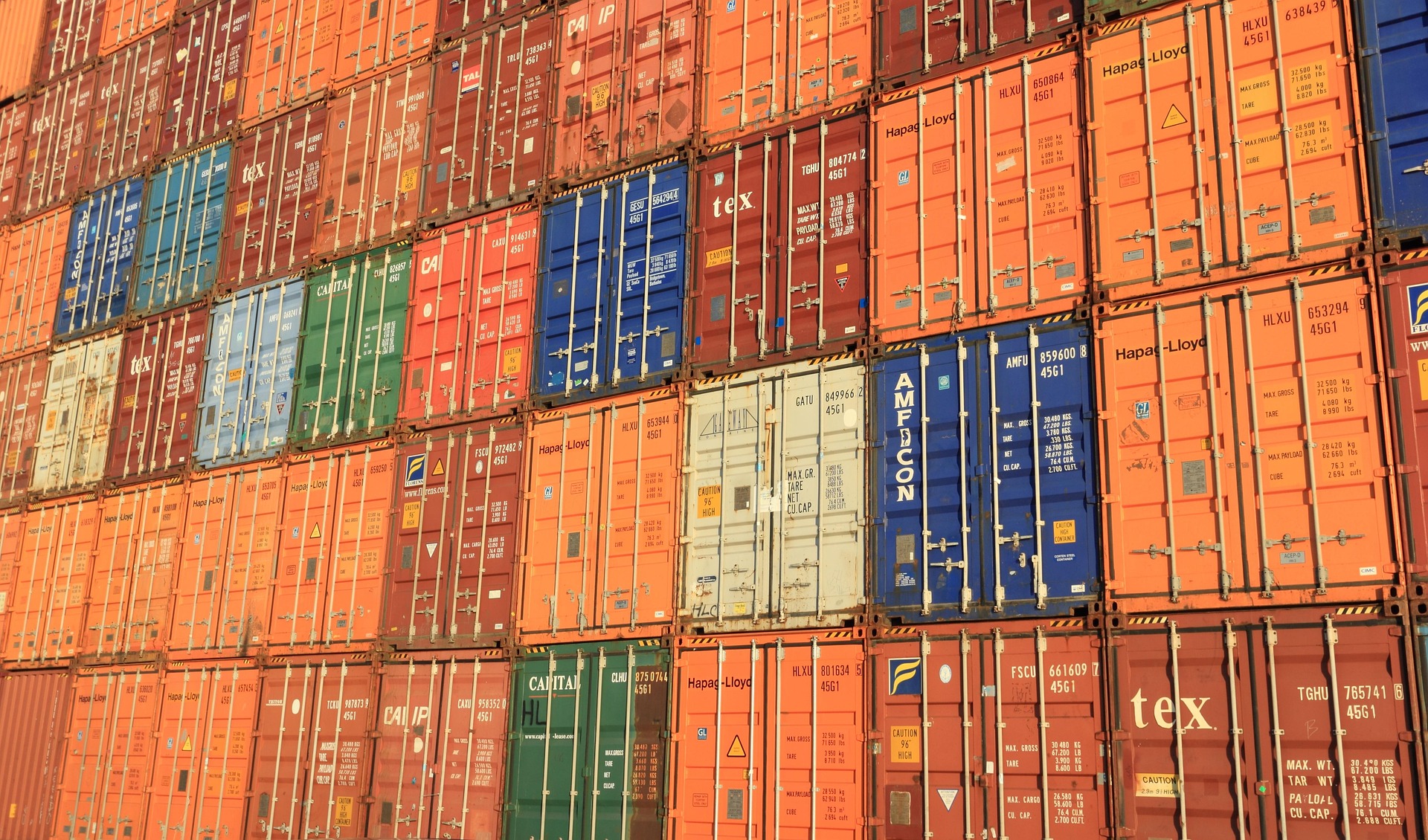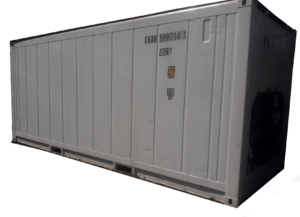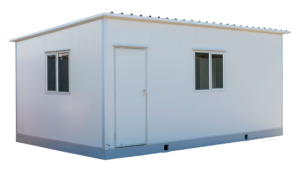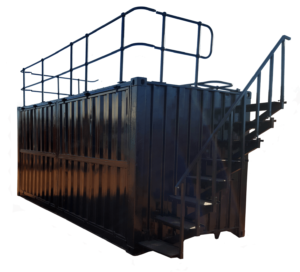Second-hand shipping containers are transforming the way entrepreneurs in South Africa start and grow businesses. Durable, modular, and cost-effective, containers provide a flexible platform for retail, office space, hospitality, agriculture, and creative ventures. With rising urbanisation and sustainability concerns, repurposed containers are becoming a preferred choice for innovative, low-cost business solutions across Gauteng, Cape Town, Durban, and beyond.
Container King offers full converted containers: from consultation and design to insulation, plumbing, finishes and delivery nationwide.
Why Choose Second-Hand Containers for Your Business
Using second-hand containers allows South African entrepreneurs to save on construction costs while creating durable, mobile, and scalable business solutions. Containers can be retrofitted for insulation, electricity, plumbing, and security, making them suitable for commercial and residential areas. Their modular design means they can be stacked or linked to expand as your business grows, offering unmatched flexibility compared to traditional structures.
Retail Shops and Pop-Up Stores
Urban centres like Johannesburg’s Braamfontein and Cape Town’s Woodstock are perfect for container retail shops. Containers can be converted into boutique stores, coffee shops, and food kiosks, offering a low-cost way to enter high-foot-traffic areas. Customisation ensures they meet regulatory standards while providing a comfortable shopping experience, making them ideal for entrepreneurs seeking affordable, eye-catching retail spaces.
Container Offices and Co-Working Spaces
In business districts across Sandton, Pretoria, and Durban, container offices provide rapid, scalable workspace solutions. With proper retrofitting, containers can serve as functional offices equipped with air conditioning, internet, and ergonomic interiors. The modular nature allows for stacking and expansion, meeting the needs of growing businesses or temporary project teams. Mobile container offices offer flexibility that traditional buildings cannot, saving both time and money while maintaining professional standards.
Hospitality and Tourism Ventures
The hospitality sector is adopting containers for accommodation, cafés, and small lodges. Coastal towns in the Western Cape and lodge areas in Mpumalanga benefit from container structures that offer modern, sustainable, and visually appealing experiences. By integrating insulation, plumbing, and solar energy systems, entrepreneurs can provide comfortable stays that comply with local building codes, attracting tourists seeking unique and eco-friendly experiences.
Fitness Studios and Gyms
Container gyms are emerging in densely populated South African cities, where land for conventional gyms is limited. A converted container can accommodate strength training equipment, yoga spaces, or personal training studios. Containers are secure, weather-resistant, and transportable, allowing fitness entrepreneurs to relocate or expand based on demand, while providing a safe and fully functional environment for clients.
Urban Agriculture and Container Farming
Second-hand containers are ideal for vertical farms and hydroponic systems in cities where arable land is limited. By controlling lighting, irrigation, and climate systems, urban farmers in Johannesburg, Cape Town, and Pretoria can grow vegetables, herbs, and microgreens year-round. Container farming addresses food security, reduces transportation costs, and appeals to consumers seeking locally grown, fresh produce, aligning with urban sustainability trends.
Storage Solutions and Logistics
E-commerce growth in South Africa has created demand for secure storage solutions. Converted containers can serve as warehouses, document storage units, or equipment housing. Durban, Johannesburg, and Cape Town provide ideal locations for container storage businesses, offering scalable, theft-resistant, and cost-effective options for both companies and individuals requiring long-term storage.
Creative Studios and Maker Spaces
Containers can be converted into art studios, maker spaces, and galleries, supporting South Africa’s thriving creative industries. Johannesburg and Cape Town artists can benefit from affordable, flexible workspaces equipped with lighting, soundproofing, and ventilation. The modular design enables collaborative spaces and community engagement, offering a dynamic environment for production, exhibitions, and workshops without the expense of traditional buildings.
Pop-Up Restaurants and Food Businesses
Container conversions also suit the food industry, enabling pop-up restaurants and food trucks in urban centres or at festivals. Equipped with professional kitchen installations and proper ventilation, containers provide hygienic, mobile, and visually striking spaces. They allow food entrepreneurs to respond quickly to seasonal demand, attract attention, and operate in high-traffic areas without committing to permanent structures.
Compliance and Safety Considerations
When starting a container-based business in South Africa, it is essential to comply with the National Building Regulations and municipal bylaws. Proper insulation, structural reinforcement, and installation of plumbing and electrical systems ensure safety and comfort. Adhering to these regulations allows businesses to operate efficiently and legally, while delivering professional, reliable services to clients.
Second-hand containers present a versatile, sustainable, and cost-effective platform for launching innovative businesses in South Africa. Whether for retail, offices, hospitality, fitness, urban agriculture, storage, or creative spaces, containers offer adaptability, durability, and scalability. Entrepreneurs can quickly respond to market demand, reduce overheads, and create unique, functional solutions, making repurposed containers an essential tool in South Africa’s evolving business landscape. One inspiring example comes from Cape Town, where a group of young chefs transformed a single container into a fully functioning pop-up restaurant, attracting long queues and becoming a social media sensation, proving that creativity and smart use of space can turn even the simplest container into a thriving business.
A Last Word
Second-hand containers present a versatile, sustainable, and cost-effective platform for launching innovative businesses in South Africa. Whether for retail, offices, hospitality, fitness, urban agriculture, storage, or creative spaces, containers offer adaptability, durability, and scalability. Entrepreneurs can quickly respond to market demand, reduce overheads, and create unique, functional solutions, making repurposed containers an essential tool in South Africa’s evolving business landscape. One inspiring example comes from Cape Town, where a group of young chefs transformed a single container into a fully functioning pop-up restaurant, attracting long queues and becoming a social media sensation, proving that creativity and smart use of space can turn even the simplest container into a thriving business.





